Eurovision faces its Waterloo over Israel boycotts
Five major broadcasters have threatened to pull out of next year’s contest over Israel’s participation
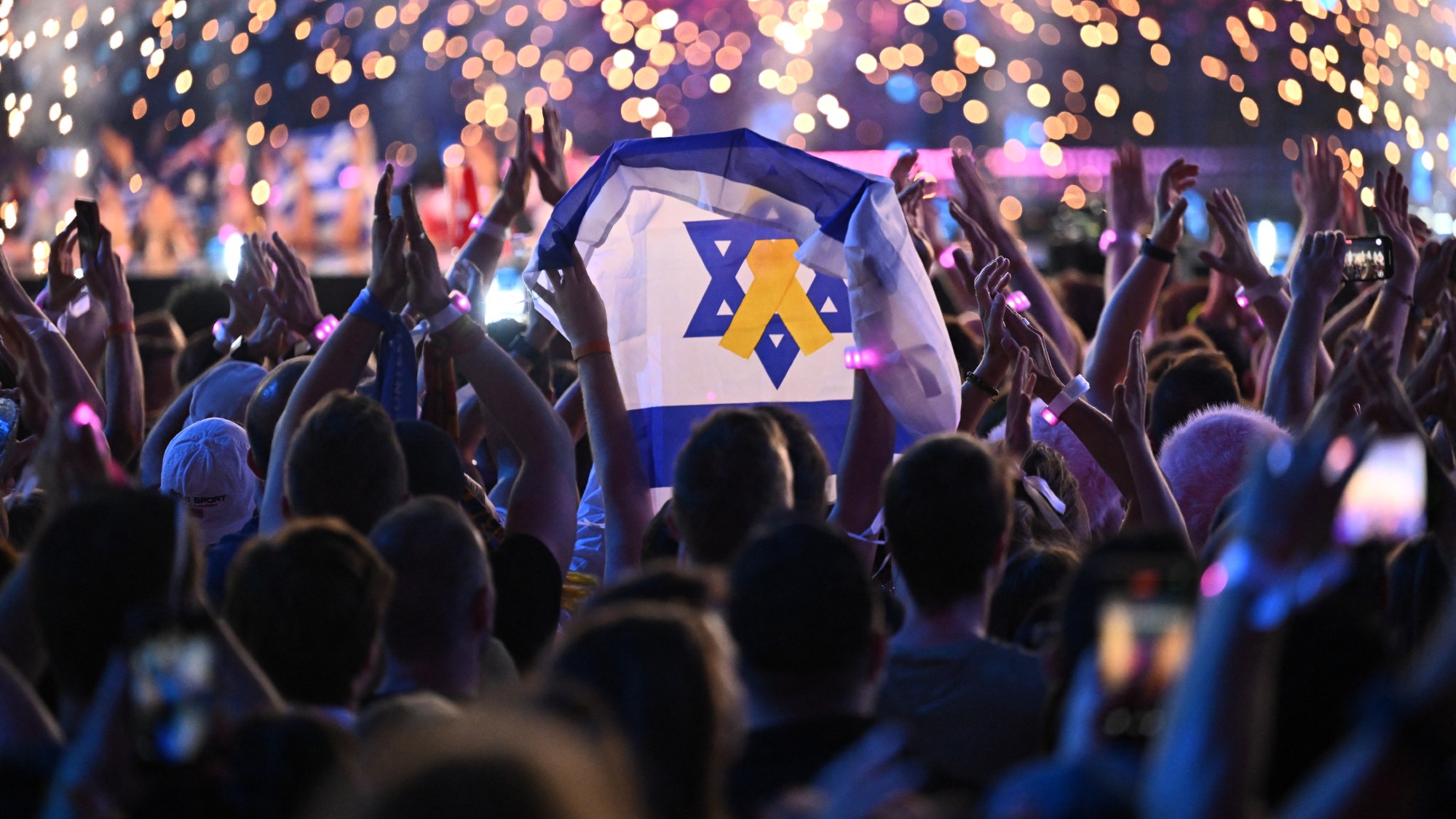
A free daily email with the biggest news stories of the day – and the best features from TheWeek.com
You are now subscribed
Your newsletter sign-up was successful
Director-general Tim Davie has refused to say whether the BBC will take part in next year’s Eurovision Song Contest as controversy grows over Israel’s participation.
The national broadcasters of Ireland, the Netherlands, Slovenia, Iceland and Spain have all threatened to boycott Eurovision if Israel is allowed to take part. The European Broadcasting Union is consulting with members on how to “manage participation and geopolitical tensions” around the 2026 event.
‘Hypocrisy and division’
I don’t “just watch” Eurovision, said Pablo O’Hana in The Independent, I host an annual party with “custom LED wristbands, marquees, food from 35 countries and over 250ft of homemade bunting”. But it is impossible to overlook the “double standards” of organisers the EBU so far refusing to ban Israel after throwing out Russia in 2022 over its invasion of Ukraine.
The Week
Escape your echo chamber. Get the facts behind the news, plus analysis from multiple perspectives.

Sign up for The Week's Free Newsletters
From our morning news briefing to a weekly Good News Newsletter, get the best of The Week delivered directly to your inbox.
From our morning news briefing to a weekly Good News Newsletter, get the best of The Week delivered directly to your inbox.
Unless the EBU “rediscovers its backbone”, Eurovision risks becoming a “stage for selective storytelling, hypocrisy and division” at a moment when our continent “most needs unity”. If the EBU doesn't act, the show “may still sparkle”, but “the soul will be gone”.
But Azerbaijan was not suspended during its war in Nagorno-Karabakh, nor “Turkey during its incursions into northern Syria”, said Jack Simony in The Jerusalem Post, even though “both countries initiated the wars they fought, while Israel was attacked”. That the 7 October attacks took place at a music festival only makes Eurovision’s “selective standard” more painful. If Eurovision singles out Israel, it would be “undermining its own ethos” as a “festival of inclusion”.
“A nation that is perpetrating genocide cannot continue to sing,” said Gideon Levy in Israeli daily Ha'aretz. The justification for Russia’s suspension in 2022 “was considered self-evident”, and Israel’s conduct in Gaza has been “far crueller and more genocidal than Russia’s invasion of Ukraine”. The very fact that Israel imagines it would escape similar censure “shows that it has lost its way”.
‘Gravest threat’
Tim Davie told MPs on the Public Accounts Committee this week that Eurovision has "never been about politics”, but “history says otherwise”, said Vox; Eurovision has “always been a space for political performance”.
A free daily email with the biggest news stories of the day – and the best features from TheWeek.com
Boycotts and bans are “almost as old as the contest itself”, said historian Tess Megginson. In the 1970s Greece and Turkey boycotted Eurovision over Turkey’s invasion of northern Cyprus, and while there were songs about “peace and unity and breaking down walls” as Eastern European countries started joining in the 1990s, Yugoslavia was banned from the contest following the siege of Sarajevo.
Most recently, the suspension of Russia in 2022 symbolised the “awkward intersection of politics and culture at which Eurovision sits”, said Politico. The row over Israel’s participation “amounts to the gravest threat” to Eurovision in its history, but it also ties into a wider European debate over “whether cultural bans on Israeli artists and athletes are legitimate sanctions”.
The “intensifying cultural backlash” highlights the tension between what some see as “proportionate responses to the war in Gaza” and others see as “crossing into antisemitism”.
Chas Newkey-Burden has been part of The Week Digital team for more than a decade and a journalist for 25 years, starting out on the irreverent football weekly 90 Minutes, before moving to lifestyle magazines Loaded and Attitude. He was a columnist for The Big Issue and landed a world exclusive with David Beckham that became the weekly magazine’s bestselling issue. He now writes regularly for The Guardian, The Telegraph, The Independent, Metro, FourFourTwo and the i new site. He is also the author of a number of non-fiction books.
-
 Local elections 2026: where are they and who is expected to win?
Local elections 2026: where are they and who is expected to win?The Explainer Labour is braced for heavy losses and U-turn on postponing some council elections hasn’t helped the party’s prospects
-
 6 of the world’s most accessible destinations
6 of the world’s most accessible destinationsThe Week Recommends Experience all of Berlin, Singapore and Sydney
-
 How the FCC’s ‘equal time’ rule works
How the FCC’s ‘equal time’ rule worksIn the Spotlight The law is at the heart of the Colbert-CBS conflict
-
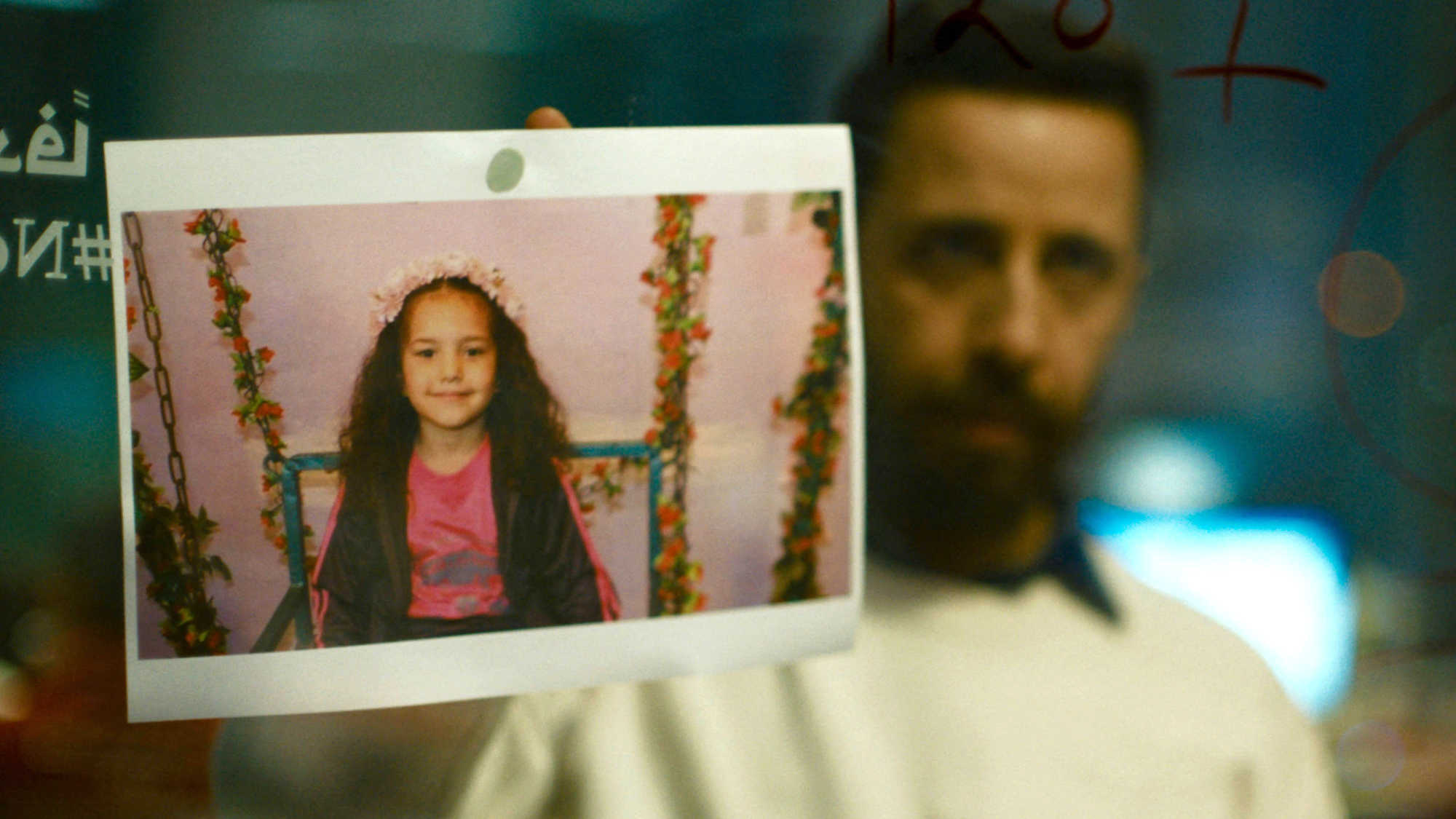 The Voice of Hind Rajab: ‘innovative’ drama-doc hybrid
The Voice of Hind Rajab: ‘innovative’ drama-doc hybridThe Week Recommends ‘Wrenching’ film about the killing of a five-year-old Palestinian girl in Gaza
-
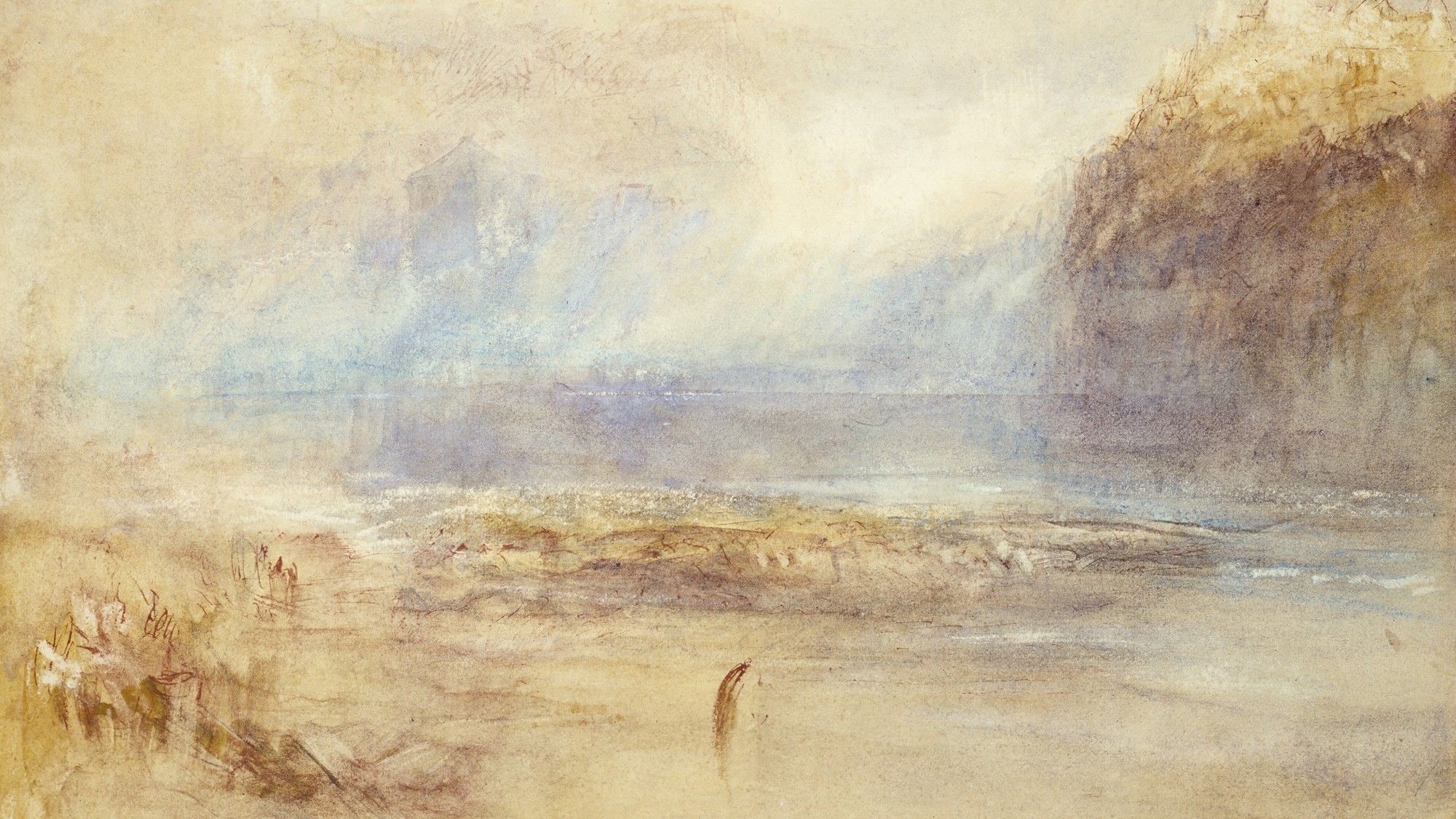 Turner: The Secret Sketchbooks – a fascinating portrait of the great painter
Turner: The Secret Sketchbooks – a fascinating portrait of the great painterThe Week Recommends BBC2 documentary examines the rarely seen sketchbooks of the enigmatic artist
-
 Dianarama examines the ‘extraordinary scale’ of Martin Bashir’s lies
Dianarama examines the ‘extraordinary scale’ of Martin Bashir’s liesThe Week Recommends Andy Webb’s book is packed with ‘astonishing’ allegations surrounding Princess Diana’s 1995 Panorama interview
-
 Unforgivable: harrowing drama about abuse and rehabilitation
Unforgivable: harrowing drama about abuse and rehabilitationThe Week Recommends 'Catastrophic impact' of abuse is explored in 'thought-provoking' series
-
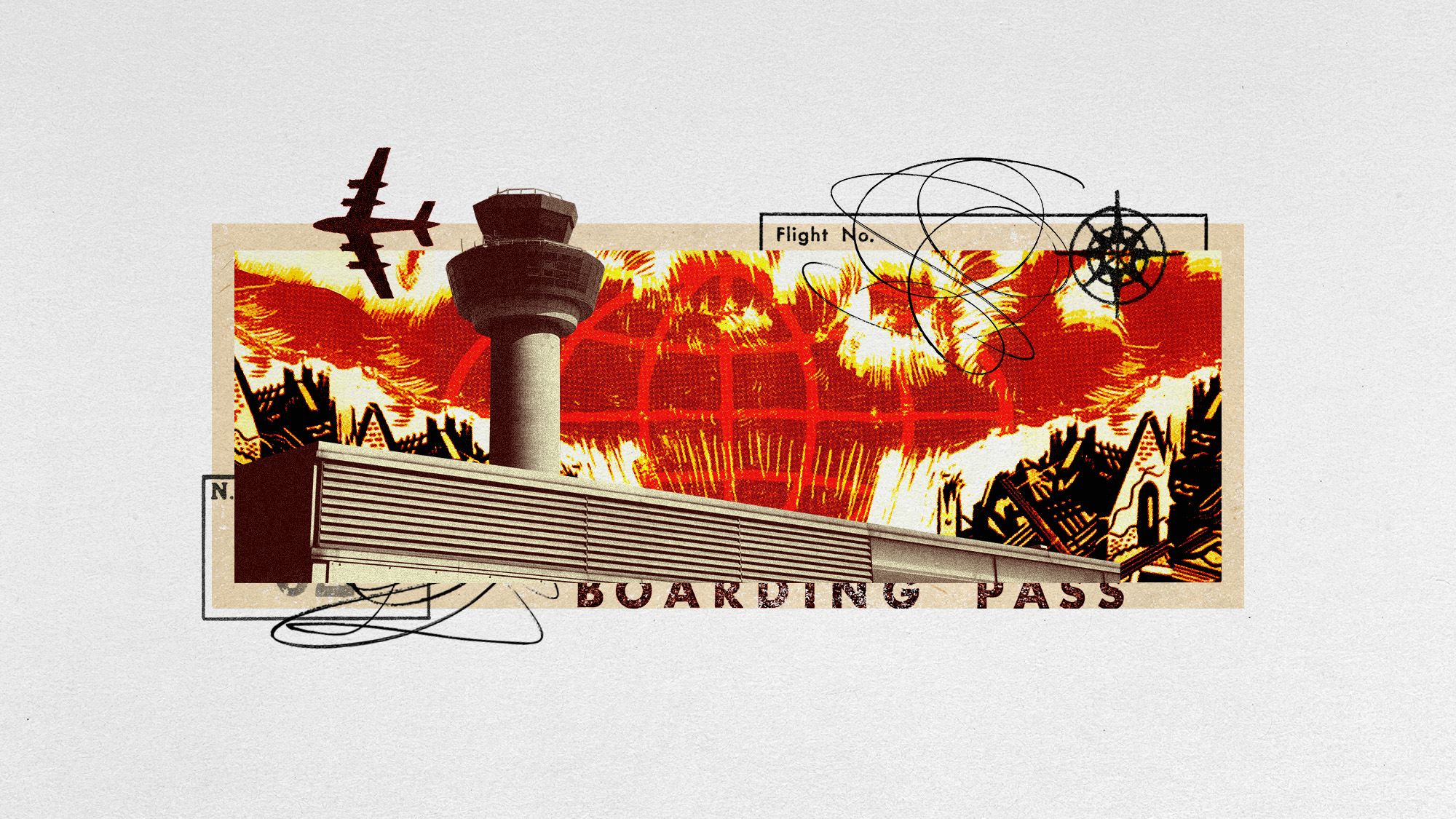 How global conflicts are reshaping flight paths
How global conflicts are reshaping flight pathsUnder the Radar Airlines are having to take longer and convoluted routes to avoid conflict zones
-
 How to go on your own Race Across the World
How to go on your own Race Across the WorldThe Week Recommends The BBC hit show is inspiring fans to choose low-budget adventures
-
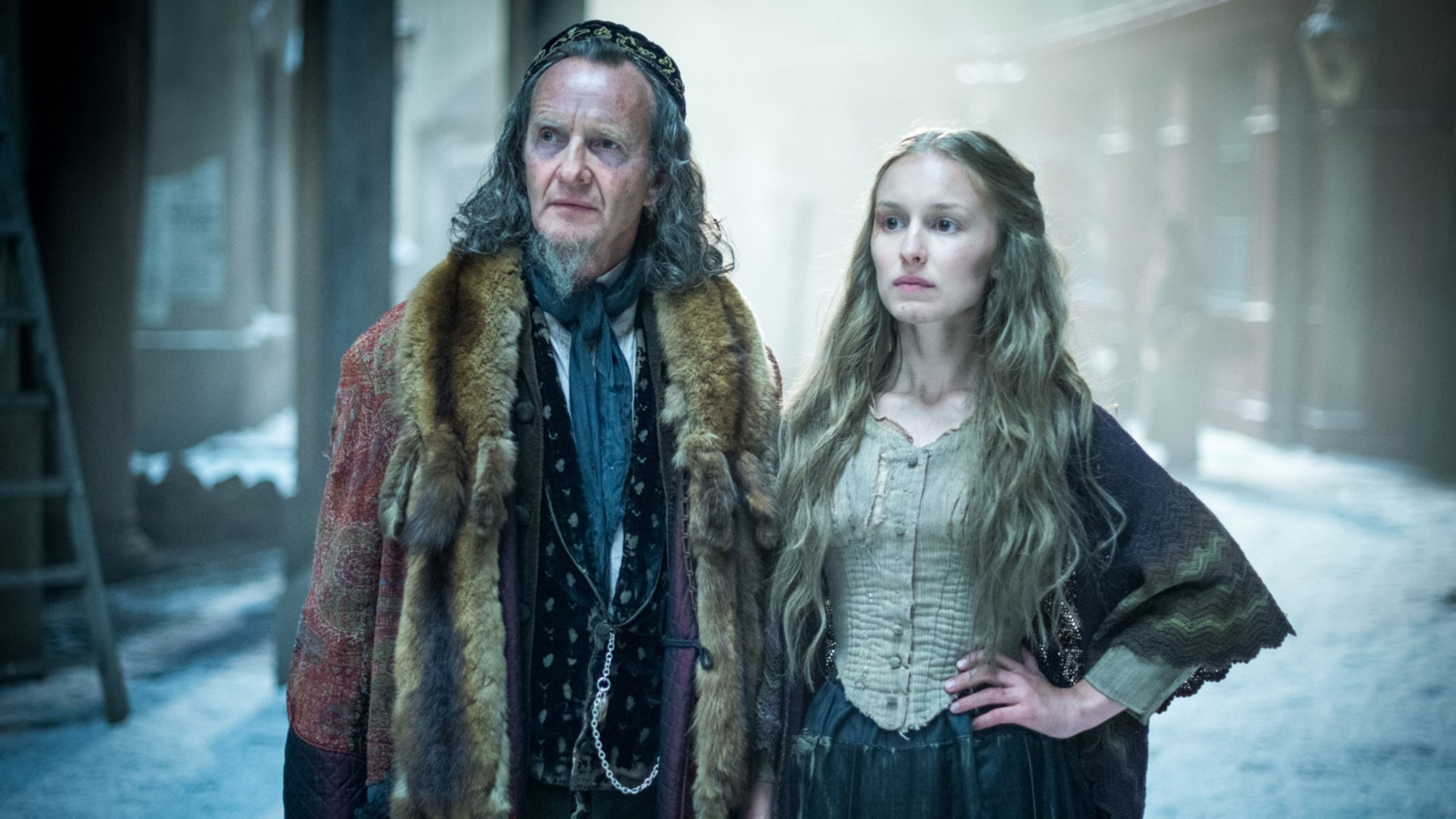 The top period dramas to stream now
The top period dramas to stream nowThe Week Recommends Heaving bosoms and billowing shirts are standard fare in these historical TV classics
-
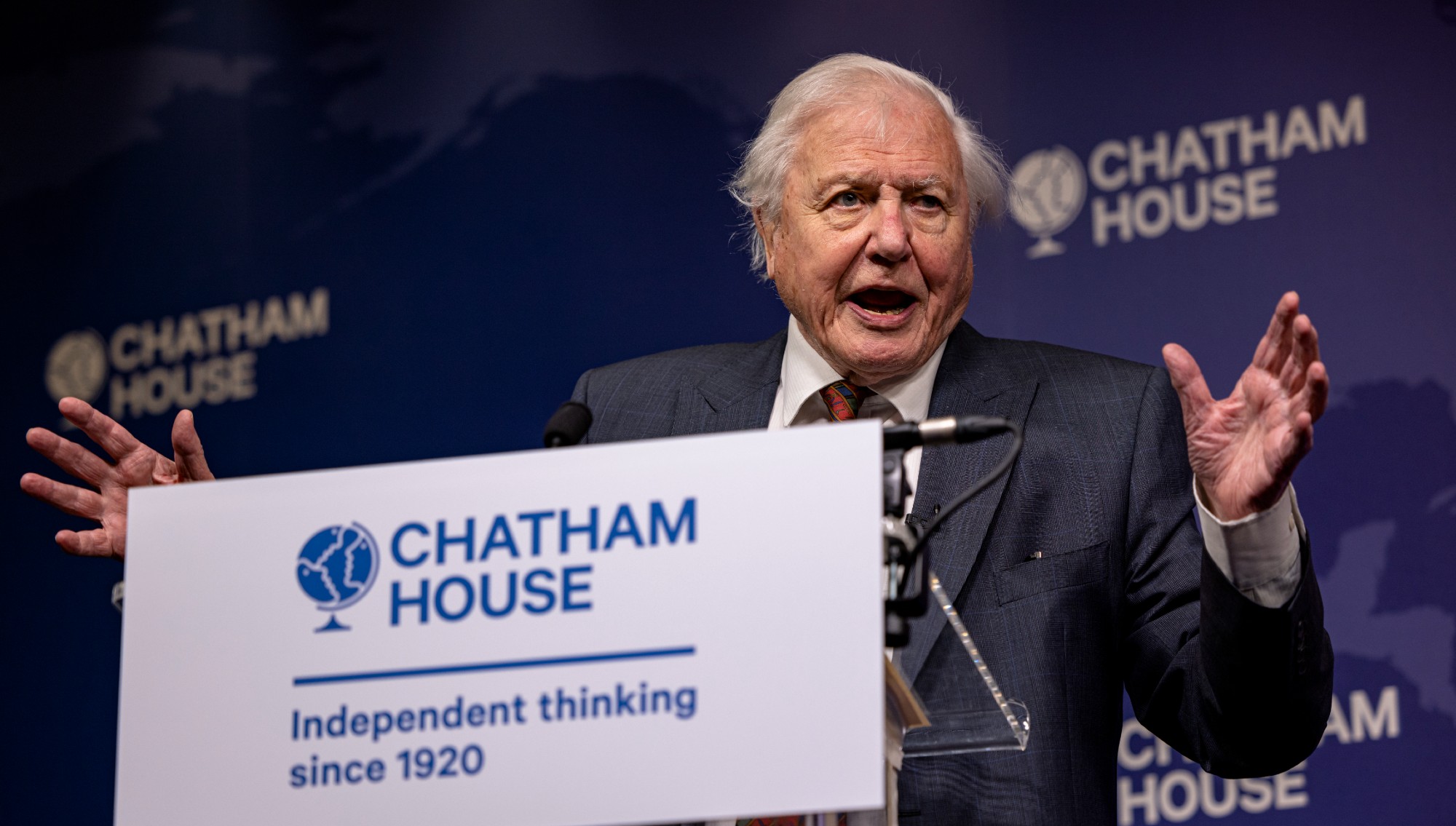 David Attenborough at 99: a 'radical' voice for climate action
David Attenborough at 99: a 'radical' voice for climate actionIn The Spotlight In his new film 'Ocean', TV's best-known naturalist delivers his strongest message yet